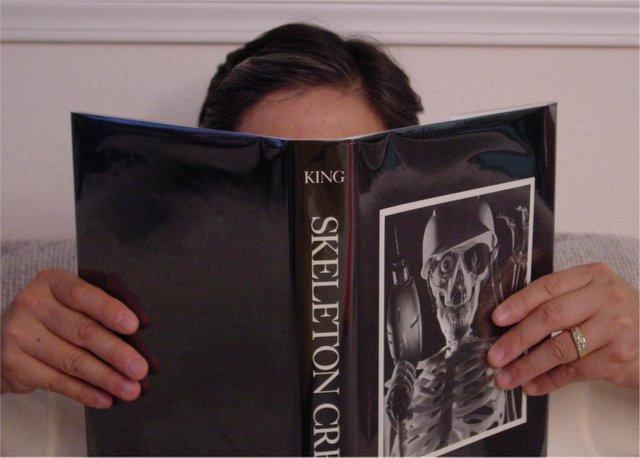Alright, I was in *that* store again where I always seem to have to wait so long in line to check out and a woman was paying for her stuff, which totaled around $24.00, in cash and the $5.00 bill she used was counterfeit. The checker noticed the bill looked funny and kept holding it up to the light to find the little strip inside but couldn’t find it. She didn’t have one of those detector pens so she goes to find a manager. When she returns she tells the woman the bill is fake and gives it back to her. The woman gives the checker a different $5.00 bill and is off on her merry way after receiving change.
What I want to know is when does a store call the police when someone tries to pass counterfeit money? What criteria do they use to make that decision? I’ve heard on the news or read in the paper many times that people have been arrested for trying to pass fake money. Most recently it was a couple of juveniles who used a computer and high-end color printer to print a fake twenty dollar bill which they tried to use at a convenience store. The police were called and the boys were taken into custody. Does the denomination of the bill have something to do with it?
And what happens if you receive a counterfeit bill in change from some store or from your bank, since I’ve heard even banks get fooled occasionally, and then you go off to another store and try to use that fake bill and they decide to call the police? How do you try to defend yourself in a situation like that?
Me:” Well, Officer, I just got that Twenty from the ATM down the street”.
Cop:” Sure, whatever you say. You can explain it to the Judge”.
When I receive change (bills and coins) I don’t really examine it at all unless I think I’ve been shorted. That’s how I ended up with a few Canadian coins in my pocket. So how do you make others believe that it’s all a big mistake and that you didn’t intentionally try to pass funny money? Maybe I’m just being paranoid but it could happen.
Subscribe to:
Post Comments (Atom)




No comments:
Post a Comment